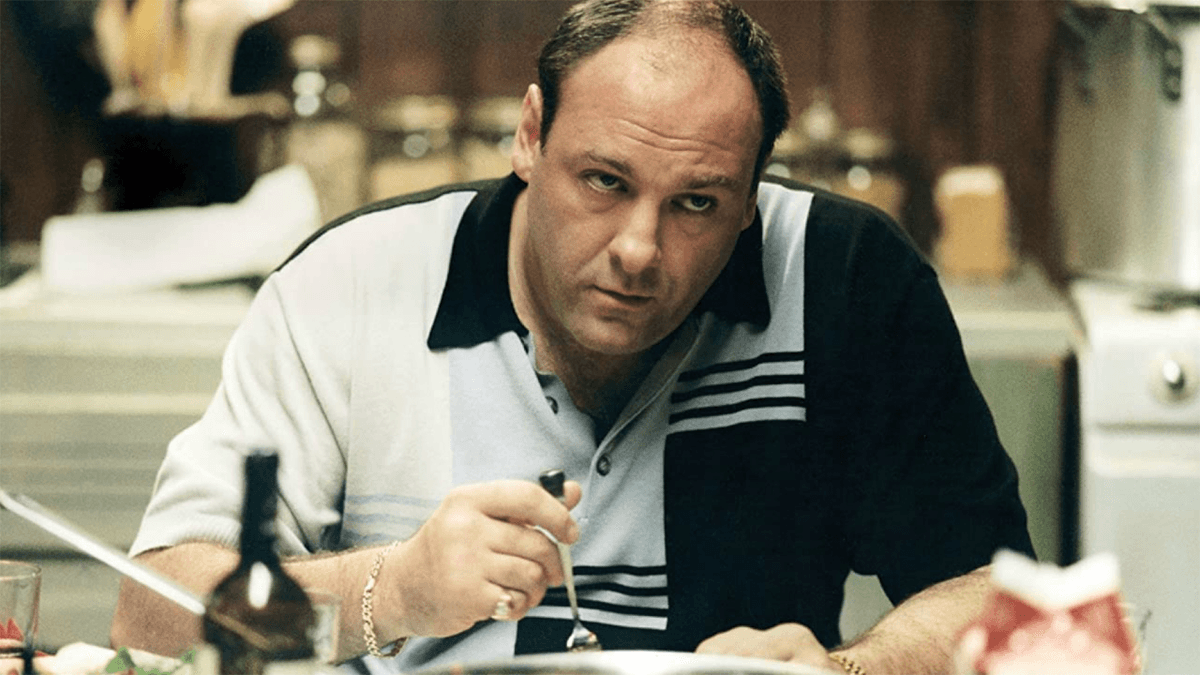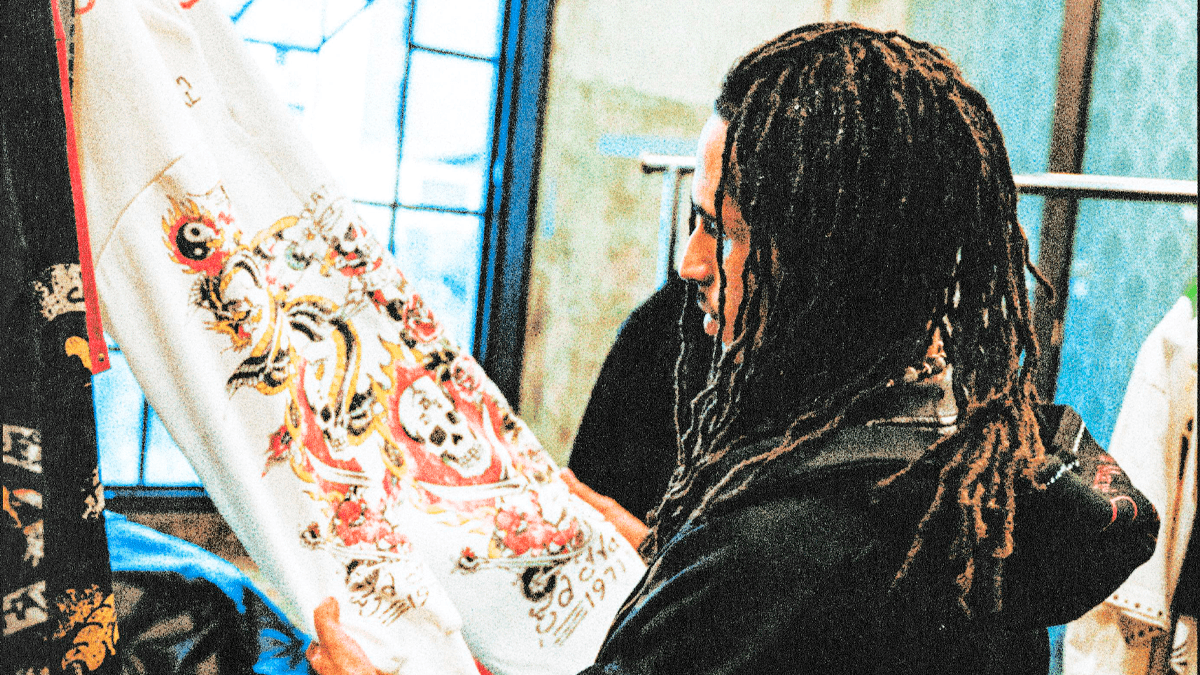Skipper: Bob Marley's love for soccer
Bob was known by many names, such as Tuff Gong, Donald Marley, and even Bobby Martell. But only his closest friends knew him as “Skipper.” The reason? His skills with the ball and his ability to control it. According to him, his three passions were, in order: music, women, and soccer. Marley could often be seen with a soccer ball more than with a guitar.

It was a rite of passage and became his routine - indeed, anyone who wanted to interview him had to play a game of “keepie-uppie” with him and the Wailers. “If you want to get to know me, you’ll have to play soccer against me and the Wailers.”

His identity was closely tied to soccer: “Tuff Gong” was one of his nicknames due to his aggressive playing style on the field. "I love music before I love soccer. If I love soccer first, it can be dangerous," Marley stated in 1980. "I love music and then soccer. Playing soccer and singing is dangerous because soccer gets very violent. I sing about peace, love, and all those things, and something can happen, you know. If someone attacks you hard, it brings feelings of war".
"Trying to take the ball from him... was simply hopeless. Because Bob was the person he was, the ball always came to him. He was the general of the midfield, so to speak, and they called him captain. They were so good; it was like playing against Brazil".
Trevor Wyatt
The famous Jamaican soccer player Allan "Skill" Cole became his tour manager. On tour, Marley and the Wailers played soccer during soundchecks, in hotel rooms, parking lots, and between studio sessions. He eventually incorporated soccer into his daily routines.
His Injury
In 1977, the band was in Paris for a tour and ended up playing a soccer match against some journalists, as usual. Bob, without appropriate cleats, was knocked down by a teammate and had his toenail raised. Feeling pain, he returned to the hotel and was examined by a doctor - who cut and bandaged his nail.
Even with a bruise under his big toe, Marley never complained about the situation. The tour continued, but his toe never healed. With plans to continue the tour in the U.S., Bob eventually returned to England for a consultation - it was there that doctors said they thought he had cancer.
His Coming to Brazil
In early 1980, Bob received an invitation from Ramón Segura, general director of Ariola - a German record label - for the launch party in Brazil. Passionate about the Brazilian national team, the singer obviously did not refuse the request.
"Rivelino, Jairzinho, Pelé... Jamaica loves soccer because of Brazil"
Bob Marley
His flight had two stops: in Manaus and Brasília. At the first stop, the military was suspicious of the artists and asked for explanations about the reason for the trip. After some time, they released their passports but did not grant work visas - this prevented Bob Marley from performing in Brazil.

On March 18, 1980, the aircraft landed in Rio de Janeiro, and upon landing, Bob commented on his desire to meet Gilberto Gil. In August of the previous year, Gil released “Não Chore Mais,” his version of “No Woman, No Cry.” "Reggae has the same root, the same warmth, and the same rhythm as samba," the artist commented to reporters.
The next day, the king of reggae received from the king of soccer, Pelé, a Santos jersey with the number 10 - his Brazilian team. Since the singer did not go to the studio or perform live shows, he decided to play soccer instead. The game was scheduled at the Vinícius de Moraes Recreation Center - where the “stadium” of Politheama, the soccer team of singer and songwriter Chico Buarque, still operates today.


In one team, Marley, Toquinho, Paulo Cezar Caju, Junior Marvin, Jacob Miler, and Chico Buarque played against Alceu Valença, Chicão, and some Ariola staff members. The match ended with a 3-0 victory for the Jamaican team, with goals from Bob, Chico, and Caju. However, the match lasted only 20 minutes due to the physical conditions of the athletes.
After playing soccer and enjoying the record label party at the Copacabana Palace, Bob Marley and his band left. In his luggage, the Jamaican star took a thousand dollars worth of sports gear and some musical instruments, such as cuíca, atabaque, and maracas, which he bought at a store in Copacabana.
The Last Months
Deteriorating due to his cancer discovered in 1977, the suggestion the singer received was that he might have to amputate his finger, but he was not interested in that. The doctors never diagnosed it; they just cleaned the wound. The finger eventually healed, but in 1980, Bob Marley fainted while running in Central Park, New York. Thus, it was discovered that the cancer had already reached his lungs, liver, and brain.
For about eight months, the singer was accompanied by a naturalist doctor in Germany. In May 81, he decided to return to Jamaica. He ended up feeling unwell during the trip and had to be hospitalized in Miami, where he did not survive.
From the trip to Brazil, there were more than memories. On the flight back, Marley was strumming the guitar and ended up composing "Could you be loved," which was released on the album "Uprising," the last album released by him while he was still alive. Among the instruments used in the original recording was a cuíca bought in Rio. A little bit of Brazilian DNA in the work of the Jamaican master.
See others like this





